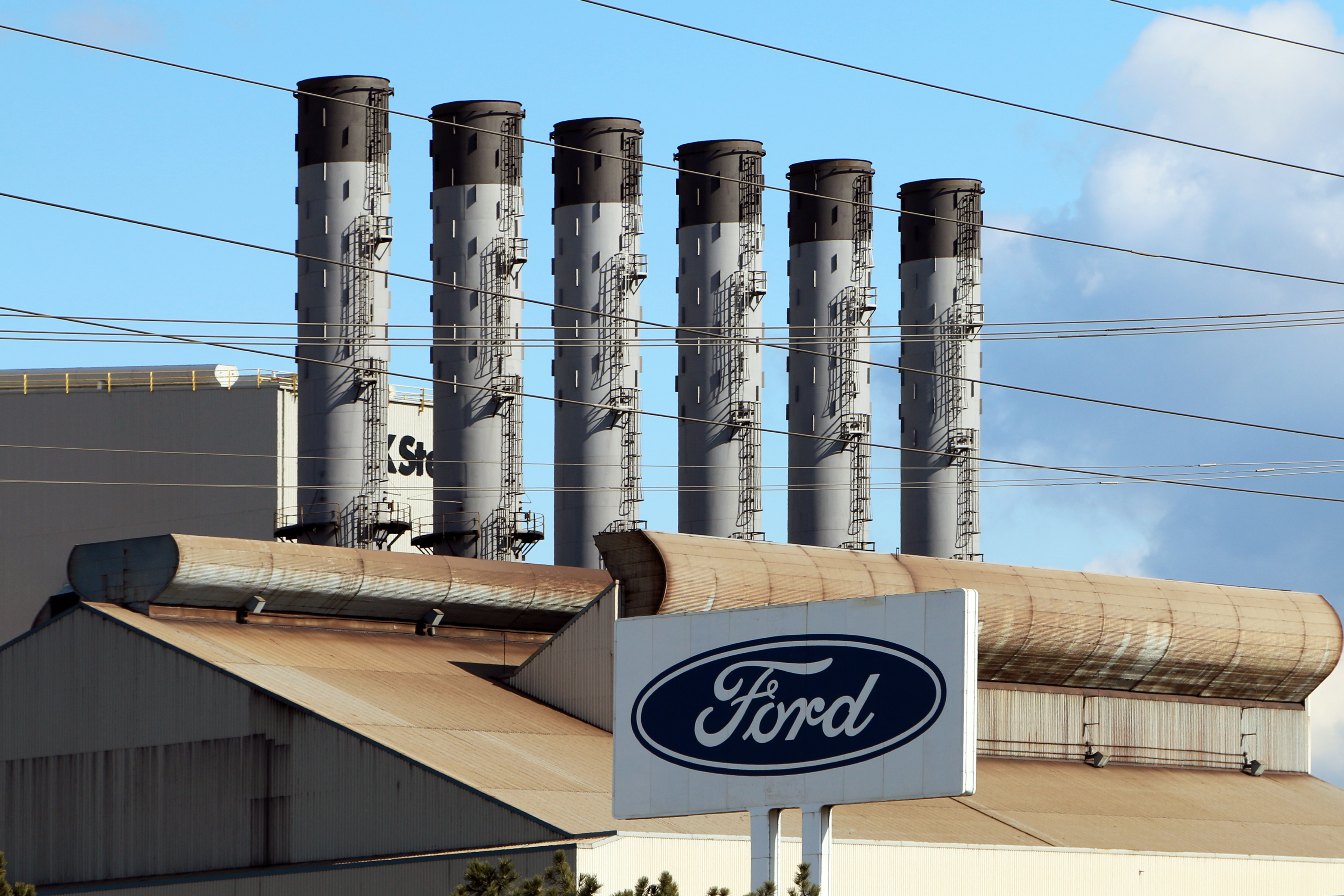Heads-up, Uber: There’s a new competitor in town, and this one has more than fuzzy mustaches in its arsenal.
Ford Motor Company has been exploring the ride-hailing market. Yes, Ford, a company that, historically, has been in the business of getting more cars on the road, not fewer.
Ford CEO Mark Fields spoke with NPR’s Ari Shapiro about the coming changes. Ford, he said, wants to be more than a car manufacturer: It wants to be a mobility company. Listen to the interview:
[protected-iframe id=”979f456ca827d9f3b5386c8157d16de2-5104299-15574887″ info=”https://www.npr.org/player/embed/459718233/459718234″ width=”100%” height=”200″ frameborder=”0″ scrolling=”no”]
“We’re seeing a lot of the societal factors around congestion and what that means for mobility going forward,” Fields told Shapiro, “and that’s why we’re thinking also of ourselves as a mobility company, which means, how do we make people’s lives better, and how do we provide mobility maybe beyond our traditional definition?”
The company also announced a $4.5 billion investment in electric vehicles. “Part of our job as a company and as an automotive manufacturer and now as a mobility company,” Fields said, “is to think of what the world is going to look like five, 10 and even 15 years from now. And our view, very simply, is that over time, oil is a nonrenewable resource. And therefore, over time, higher levels of electrification will be necessary not only to meet consumer demand in that timeframe but also to meet the regulatory requirements.”
Of course, as Shapiro points out, Ford’s F-series trucks sold 630,000 units while the plug-in Ford Fusion sold only 8,000 units in the same period. He also brought up very salient point that while Ford’s emissions are going down in the U.S., they are actually stagnant — or possibly rising — overall as the company expands in China.
So take the announcements with a grain of salt. But hey, it’s never too late to join the effort to save humanity from fossil fuel-induced destruction. Until, of course, it is too late.




